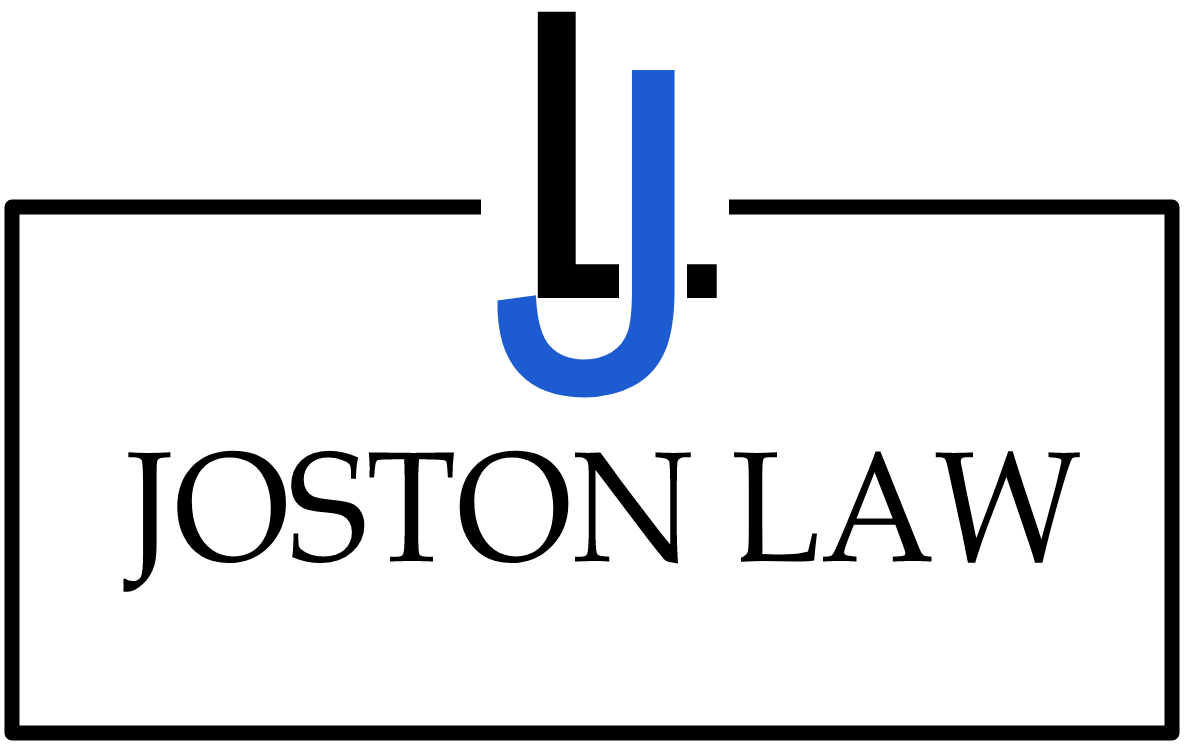What is a promissory note?
- 176 (1) A promissory note is an unconditional promise in writing made by one person to another person, signed by the maker, engaging to pay, on demand or at a fixed or determinable future time, a sum certain in money to, or to the order of, a specified person or to bearer, Bills of Exchange Act (R.S.C., 1985, c. B-4).
- A promissory note should be utilized when you are planning on loaning money to someone.
- Promissory notes are used by lenders to ensure there is legal recourse in the event the borrowing party does not repay the loan.
- The features of a promissory note are as follows:
- The principal amount
- Terms of repayment (including interest terms)
- Terms of default and its consequences
- Dates such as starting date and maturity date.
When can a promissory note be used?
- Student loans
- Mortgages
- Car loans
- Personal loans
- Business loans
- Investment
- Commercial
It is important to note that under the Limitations Act, 2002, a borrower has no obligation to repay a loan under a promissory note in Ontario after a certain amount of time has passed. A lender has two years to collect repayment or commence legal proceedings for repayment after the maturity date of the loan or after the date where the lender demanded repayment. After the two years, the agreement is statute-barred and unenforceable.
Promissory notes are legal and fully enforceable when correctly drafted. The legal representatives at Joston Law can help you create loan terms which make lending effortless ad affordable.

